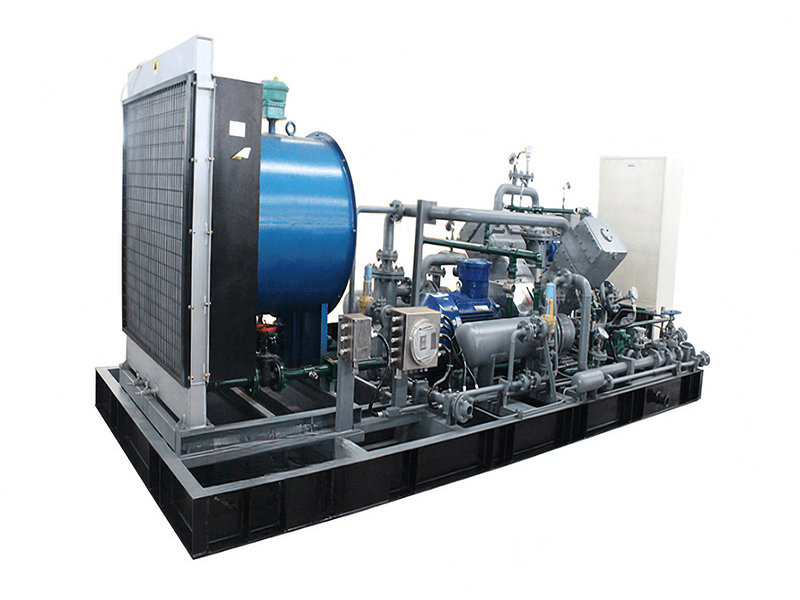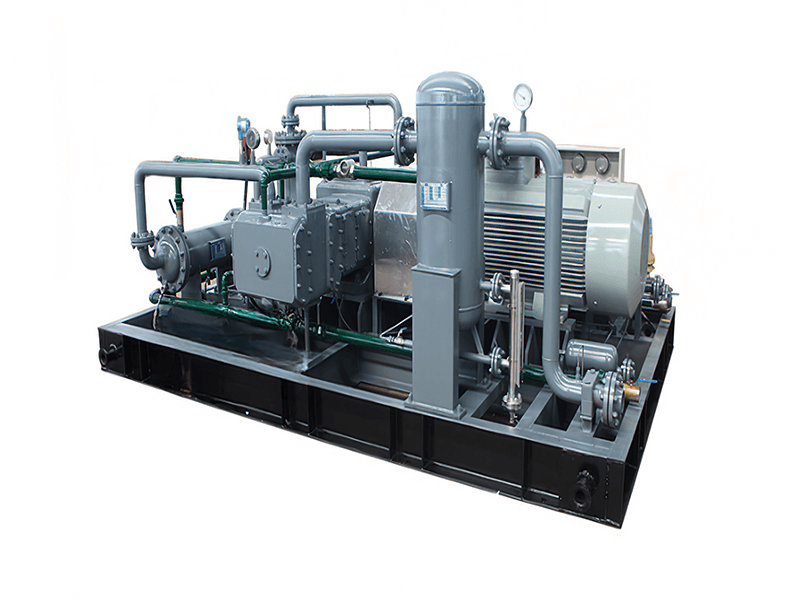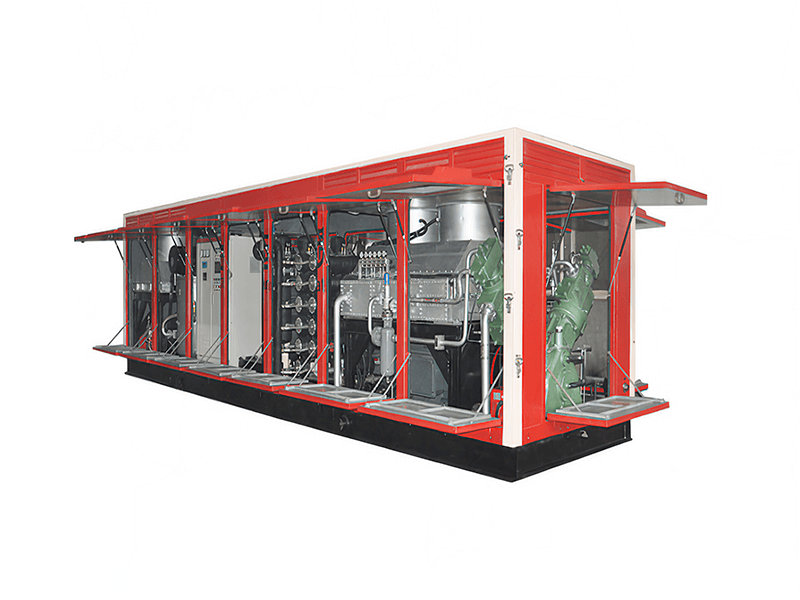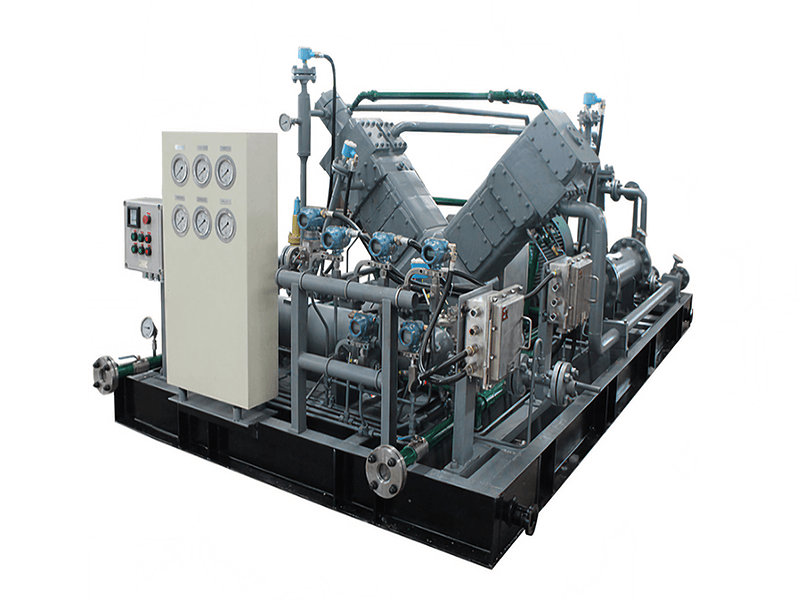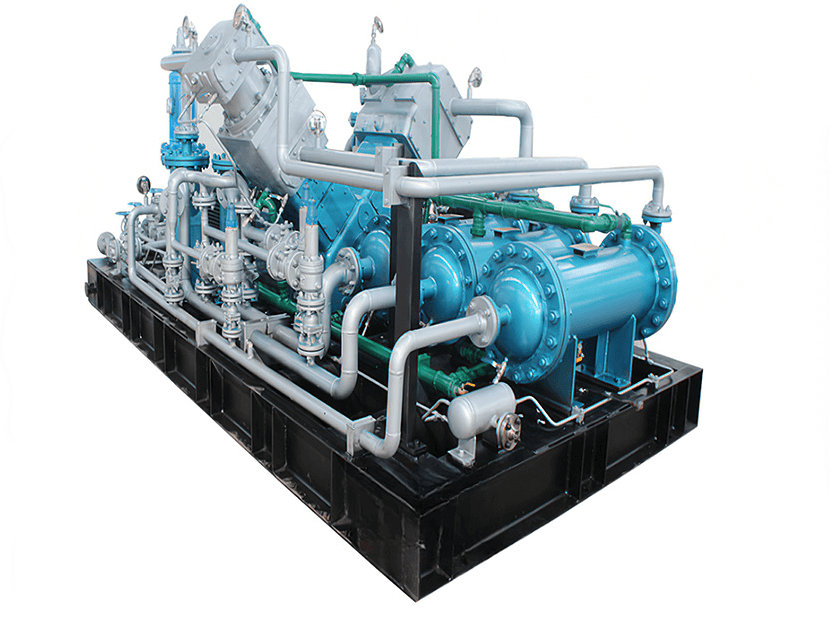Choosing the right chlorine compressor requires careful consideration of several factors. Start by clearly defining your application requirements. Determine the desired flow rate, pressure range, and any specific operational needs related to chlorine gas compression. Consider factors such as the volume of chlorine gas required, operating conditions, and any unique challenges or constraints associated with your application.
When considering a chlorine compressor, several parameters are important to ensure safe and efficient operation. Here are some key parameters related to chlorine compressors:
1. Capacity: The capacity of the compressor refers to the volume or flow rate of chlorine gas that it can handle. It is typically measured in terms of cubic meters per hour (m³/h) or cubic feet per minute (CFM). The capacity requirement will depend on the specific application and the amount of chlorine gas needed.
2. Pressure: The pressure rating of the compressor indicates the maximum pressure it can generate to compress the chlorine gas. It is usually expressed in pounds per square inch (psi) or bar. The pressure requirement will vary depending on the application and the desired pressure at which the chlorine gas needs to be delivered.
3. Material Compatibility: Chlorine gas is highly corrosive, so the compressor must be constructed from materials that are compatible with chlorine. Common materials used in chlorine gas compressors include stainless steel, nickel alloys, or other corrosion-resistant materials. The compatibility of the compressor's materials with chlorine gas is crucial to prevent corrosion and ensure the longevity of the equipment.
4. Safety Features: Chlorine gas compressors should be equipped with appropriate safety features to mitigate the risks associated with handling chlorine. This may include features such as gas leak detection systems, pressure relief valves, emergency shutdown mechanisms, and adequate ventilation to prevent the buildup of chlorine gas concentrations above safe levels.

5. Sealing Mechanism: The compressor should have a robust sealing mechanism to prevent leakage of chlorine gas. Special attention should be given to the seals and gaskets used in the compressor to ensure they are designed for compatibility with chlorine gas and can withstand its corrosive nature.
6. Maintenance Requirements: Consider the maintenance requirements of the compressor, including routine inspections, lubrication, and any specific maintenance procedures recommended by the manufacturer. Regular maintenance is crucial to ensure optimal performance and prevent potential issues related to corrosion or safety.
7. Compliance with Regulations: Ensure that the chlorine compressor complies with relevant regulations and standards for handling chlorine gas. This may include local, national, or international regulations specific to the storage, transportation, and use of chlorine gas. Compliance with these regulations is essential for safety and environmental protection.
8. Drive Type: Chlorine gas compressors can be driven by various means, such as electric motors, diesel engines, or hydraulic systems. The choice of drive type will depend on factors such as power availability, application requirements, and operational preferences.
9. Cooling Method: Compressing chlorine gas generates heat, so chlorine gas compressors often require a cooling method to maintain optimal operating temperatures. Common cooling methods include air cooling, water cooling, or a combination of both. The cooling capacity and design of the compressor should be suitable for efficient heat dissipation.
10. Control and Automation: Chlorine gas compressors may feature control and automation systems to monitor and regulate operating parameters. These systems can include pressure sensors, temperature sensors, flow meters, and programmable logic controllers (PLCs) to ensure safe and precise operation.
11. Noise and Vibration Levels: Consider the noise and vibration levels produced by the compressor, especially if it will be installed in a noise-sensitive or vibration-sensitive environment. Some compressors come with noise reduction features or vibration isolation mechanisms to minimize their impact on the surrounding environment.
12. Energy Efficiency: Energy efficiency is an important consideration to reduce operational costs and environmental impact. Look for chlorine gas compressors that are designed with energy-efficient components, such as motors, drives, and control systems, to optimize energy consumption.
13. Service and Support: Consider the availability of service and support for the chlorine compressor. Choose a manufacturer or supplier that provides reliable customer support, technical assistance, and readily available spare parts to ensure smooth operation and minimize downtime.
14. Installation and Space Requirements: Evaluate the installation and space requirements of the compressor, including factors such as footprint, clearance, and access for maintenance and repairs. Ensure that the compressor can be properly installed in the designated area and integrated into the existing infrastructure.
15. Certifications and Standards: Look for chlorine gas compressors that comply with relevant industry standards and certifications, such as ISO standards, safety certifications, or specific standards for chlorine handling equipment. This helps ensure the compressor's quality, safety, and adherence to recognized industry practices.
Remember to consult with experts, manufacturers, or suppliers who specialize in chlorine compressors to discuss your specific requirements and obtain detailed information on the parameters that are most critical for your application.














